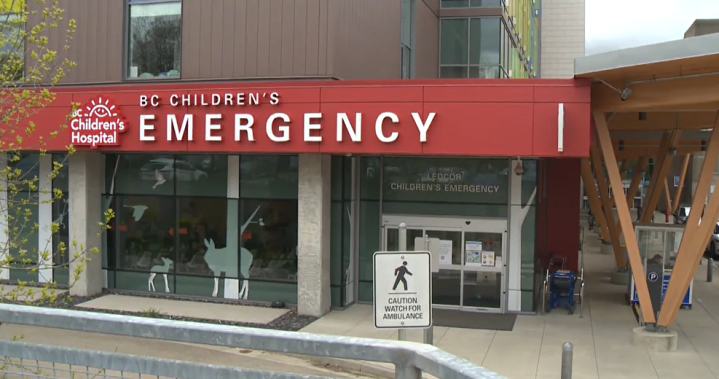In a striking reversal that has brought relief to numerous families across British Columbia, the provincial government is now reassessing its controversial decision to reduce medical travel funding for children requiring specialized care. The announcement comes after weeks of mounting pressure from healthcare advocates, affected families, and opposition lawmakers who criticized the cuts as shortsighted and potentially harmful to the province’s most vulnerable children.
“We heard the concerns loud and clear,” said Health Minister Adrian Dix during a press conference at BC Children’s Hospital yesterday. “When policies impact families already navigating medical crises, we have a responsibility to listen and respond appropriately. That’s exactly what we’re doing now.”
The original decision, which would have reduced accommodation subsidies for families traveling with children requiring medical treatment, sparked widespread outrage when it was announced last month. For many families in rural and remote communities across Canada, these subsidies represent a crucial lifeline, enabling them to accompany their children to Vancouver, Victoria, or other major centers where specialized pediatric care is available.
Marissa Thornton, whose 7-year-old son requires regular treatment for a rare blood disorder, expressed cautious optimism about the government’s change of course. “We’ve been making the six-hour drive to Vancouver every two weeks for the past three years. Without this funding, we simply couldn’t afford to stay overnight. You can’t put a price on being there with your child during treatment,” she told CO24 News.
The proposed cuts would have reduced the daily accommodation allowance from $75 to $50 and limited eligibility criteria, potentially affecting hundreds of families across the province annually. Financial analysts had estimated the changes would save approximately $2.3 million per year—a figure that many health policy experts argued was minimal compared to the overall provincial health budget of nearly $27 billion.
Dr. Eleanor Westbrook, pediatric health services researcher at the University of British Columbia, explained that the financial impact of these cuts extends beyond immediate costs. “When we create barriers to care for children, we often see cascading economic effects. Delayed treatments lead to more complex conditions, emergency interventions, and ultimately higher costs to the healthcare system,” she noted in an interview with CO24.
The government’s reconsideration comes amid growing recognition of geographical inequities in Canadian healthcare. Residents of rural and northern communities face significant challenges accessing specialized medical services that are concentrated in urban centers. According to data from the Canadian Institute for Health Information, patients from remote areas travel an average of 120 kilometers for specialized care, compared to just 11 kilometers for urban residents.
Opposition critics have cautiously welcomed the government’s change in direction while questioning why such cuts were proposed in the first place. “This is a victory for families who spoke up, but it raises serious questions about priorities,” said Sarah Mitchell, opposition health critic. “Essential support for sick children should never have been on the chopping block.”
The Ministry of Health has indicated that a comprehensive review of the travel assistance program will now take place, with input from affected families, healthcare providers, and patient advocacy groups. This participatory approach marks a significant shift from the initial decision-making process, which many criticized as lacking consultation with key stakeholders.
As global economic pressures continue to strain provincial budgets across Canada, this case highlights the complex balancing act governments face when managing healthcare expenditures. The challenge remains: how can provincial healthcare systems maintain fiscal responsibility while ensuring equitable access to care, particularly for those most vulnerable?
As British Columbia navigates this policy reversal, the fundamental question persists: in a country that prides itself on universal healthcare, should geography ever determine a child’s access to necessary medical treatment?
























